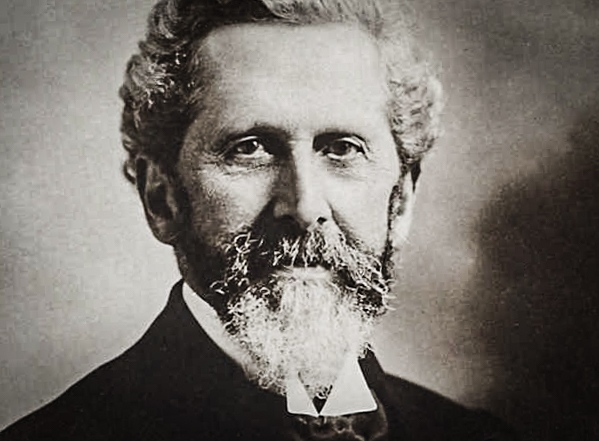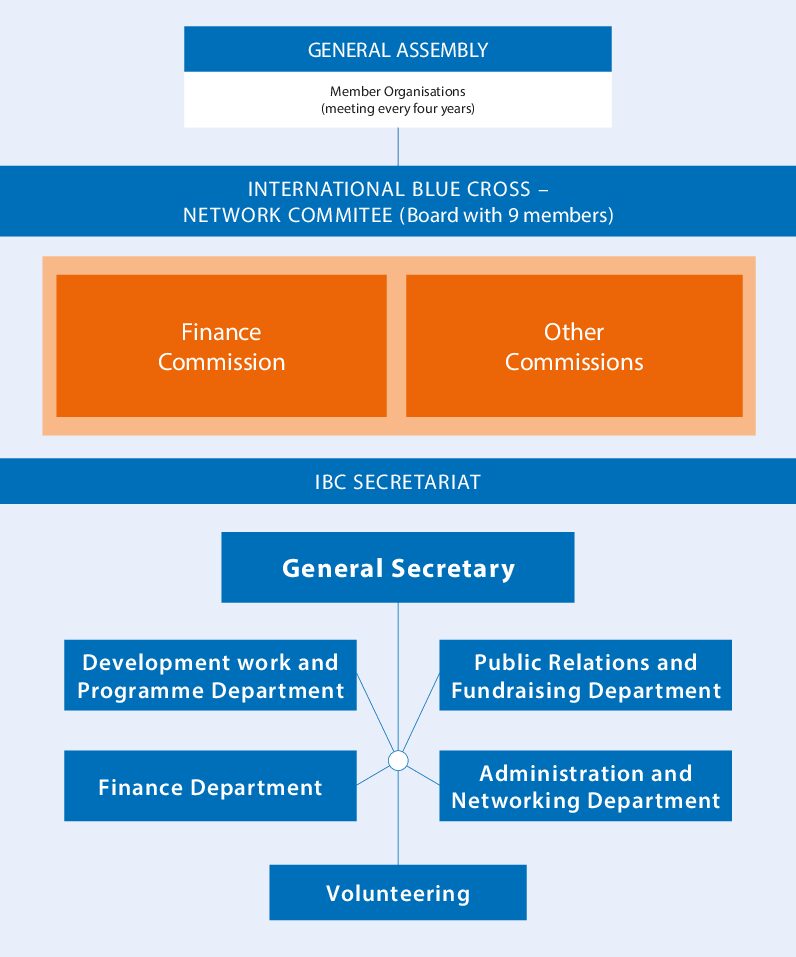About us
IBC at a glance
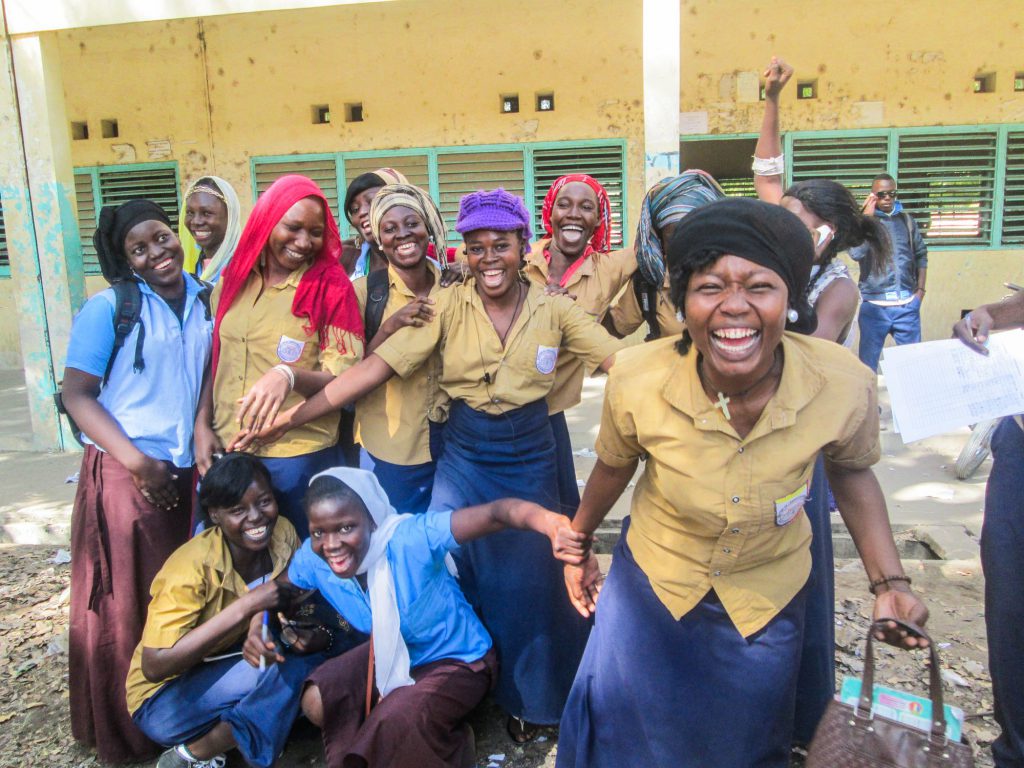 In many countries, the harmful use of alcohol and other drugs hinder sustainable social and economic development. People live in precarious conditions in need, unemployed and without perspective. International Blue Cross is therefore committed to reducing the negative impact of alcohol and other drug use worldwide and to enabling a constructive coexistence in societies – free of violence, oppression and addiction-related diseases! From Switzerland to the Faroe Islands, from Congo to Brazil – since 1886, IBC has been committed to those who live on the margins of society and seek to alleviate their hardship.
In many countries, the harmful use of alcohol and other drugs hinder sustainable social and economic development. People live in precarious conditions in need, unemployed and without perspective. International Blue Cross is therefore committed to reducing the negative impact of alcohol and other drug use worldwide and to enabling a constructive coexistence in societies – free of violence, oppression and addiction-related diseases! From Switzerland to the Faroe Islands, from Congo to Brazil – since 1886, IBC has been committed to those who live on the margins of society and seek to alleviate their hardship.
As a non-governmental umbrella organisation, IBC coordinates the activities of 39 affiliated member organisations in 37 countries. They form a network that helps people on four continents lead an addictive-free life.
As a global health organisation, IBC also implements international development cooperation programmes in line with the United Nations 2030 Agenda. IBC development co-operation programmes work in field of comprehensive alcohol and other drug prevention trough skills development, community action, advocacy and Self Help groups.
Since 2013, IBC implements programmes with local partners. Currently the partners are in the Republic of Chad, the Republic of the Congo, Togo and Tanzania.
More than 1,000 social workers, prevention experts and other professionals around the world under the Blue Cross flag care for people with alcohol and drug problems – and those at risk.
Strategic focus 2021 – 2028
- Promote a healthy and fulfilling life, free of alcohol other drugs and all addictions, through evidence based comprehensive prevention and intervention models
- Strong member organisations; Foster collaboration among member organizations, ensure active engagement and representation within global health networks
- Christian Value-based Approach; Promote a holistic view of health that incorporates the biopsychosocial-spiritual view of human wellbeing and a professional, faith-based social-work approach
IBC works following the prioritised UN development goals and is ZEWO certified.
Our History
The origins of the Blue Cross movement and thus of the international umbrella organisation IBC go back to the 19th century. Alcohol problems were widespread in the society of that time. This prompted the Swiss pastor Louis-Lucien Rochat to get involved for those affected. Together with his colleagues, he tried to alleviate the suffering of alcohol-dependent people. His commitment led to the official founding of the Blue Cross on 21 September 1877 in Geneva.
Soon, the Blue Cross movement spread beyond the Swiss borders. This created the need to unite the individual groups under one international umbrella organisation. That’s why the “Comité International” was founded in La Chaux-de-Fonds (Switzerland) in 1886 – and thus the International Blue Cross was born. Soon the movement not only crossed national borders but also spread beyond Europe: in 1906 the first non-European Blue Cross organisation was founded in Africa, Ghana. Today, nearly 40 national organisations from Europe, Africa, Asia and South America are part of the International Blue Cross.
Vision & Mission
Our Vision
- People live dignified and healthy lives in a world where societal structures and services enable a life free from addition as well as alcohol and other drug-related harm.
Our Mission
- Prevent and reduce the use, abuse and dependency of alcohol and other drugs and their related harm, especially among the most vulnerable people.
- Engage Blue Cross Organisations worldwide to promote the mission, with a holistic view of the human being as a state of complete physical, mental, spiritual and social wellbeing.
Fields of work
Advocacy
Structural prevention of substance abuse harm requires evidence-based alcohol and drug policies. IBC acts to encourage such policies, monitoring local progress, and advocating the need to protect alcohol policy development from interference by economic interests. IBC supports SAFER, the WHO-led initiative that aims to reduce harmful use of alcohol by 10% by 2025.
Prevention
The IBC approach to prevention combines individual (behavioral) and structural prevention with community action. It is a comprehensive approach. Behavioural change is enabled by offering Life Skills Programmes. It is a proven IBC solution to prevent drug and alcohol harm and provide people with what they need for good mental health and wellbeing. The IBC Life Skills-Programme for youth is delivered in international development cooperation programmes.
Treatment and Counselling
National Blue Cross organisations around the world offer intervention, treatment and counselling services to people and their significant others affected by alcohol, drugs and gambling. Blue Cross has a bio-psycho-social-spiritual approach; a variety of treatment models are used to respond to each of these human needs.
Support Groups
The national Blue Cross organisations around the world facilitate mutual and self-help groups, creating healthy living communities. People with the same disease or in similar life situations meet regularly in support groups. The groups are an important part of the recovery process after treatment or after a rehabilitation program. The groups are effective to prevent a relapse into addiction. Groups are facilitated by Blue Cross professionals or volunteers. Based on mutual support, aftercare groups provide a community experience, personal growth, increased confidence and a greater sense of meaning in life
Other
National Blue Cross organisations offer a range of re-integration support services customized to the regions they serve, such as Drop in Centres, Solutions for Homelessness and Pre-Employment schemes. They all aim at establishing an independent and meaningful life.
Organisational Structure
The International Blue Cross (IBC) is a non-governmental organisation that unites 40 national Blue Cross organisations under one umbrella, creating a worldwide network for advancing a common cause. We combine professional expertise and know-how of the various Blue Cross organisations, allowing us to utilize and integrate each organisation´s experiences effectively locally and on an international level. The member organisations are the main provider of Blue Cross services and are represented by the board (Network Committee).
Our main representative and deliberative organ is the General Assembly, the supreme decision making authority of the International Blue Cross. Each member organisation is entitled to send one representative to the Assembly. The General Assembly congregates every four years, at which time it elects and delegates governing authority to the Network Committee (board) of the International Blue Cross. The General Assembly also makes decisions that provide direction and guidance on key issues affecting the strategy and activities of the Blue Cross movement worldwide.
Network Committee

Reinhard Jahn
Germany
President International Blue Cross
Managing Director at Blue Cross Germany
Member of Network Committee since 2008

Hans Eglin
Switzerland
Vice-President International Blue Cross
Central Board Blue Cross Switzerland
Member of Network Committee since 2016
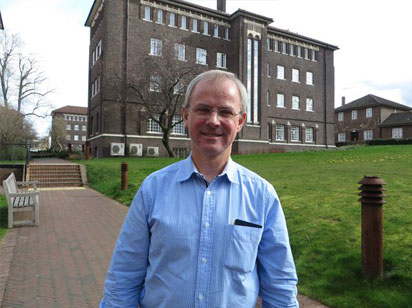
Rolf Hartmann
Brazil
President Blue Cross Brazil
Member of Network Committee since 2008
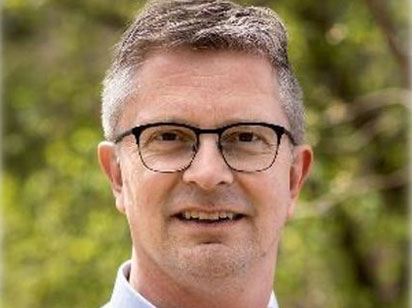
Lars Thidemann Jensen
Denmark
Vice Secretary-General Blue Cross Denmark
Member of Network Committee since 2021
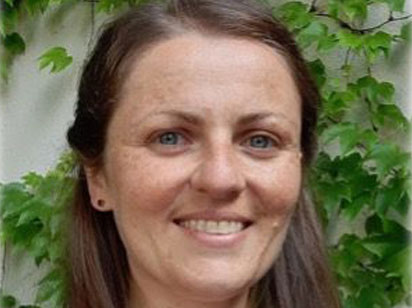
Ewa Duda
Addiction therapist and promotion coordinator at Blue Cross Poland
Member of Network Committee since 2021
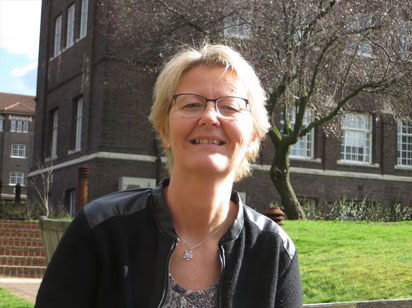
Ingalill Söderberg
Sweden
Journalist and Community Representative
Member of Network Committee since 2012

Holger Lux
Romania
Managing Director, Director of Rehabilitation Center for addicted Men
Member of Network Committee since 2008
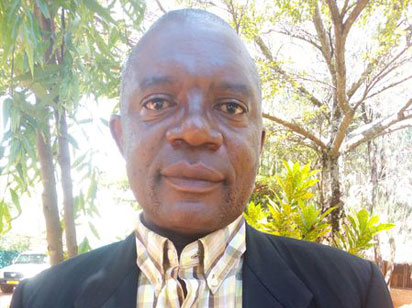
Revocatus Nginila
Tanzania
Project Coordinator Blue Cross Tanzania
Member of Network Committee since 2016
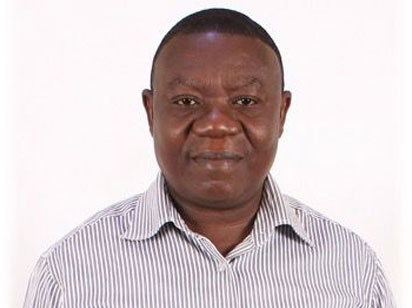
Patrick Acheampong
Ghana
General Secretary of Blue Cross Ghana
Member of Network Committee since 2021
General Secretariat
The General Secretariat of IBC coordinates the networking with the member organisations and supports them in topics such as programme implementation, fundraising and strategic planning. Furthermore, the Secretariat implements international development programmes with local partners and member organisations in Africa.
The headquarter of the international secretariat of the International Blue Cross is located in Bern, Switzerland.
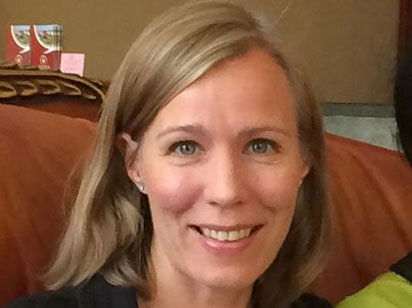
Anne Babb
General Secretary
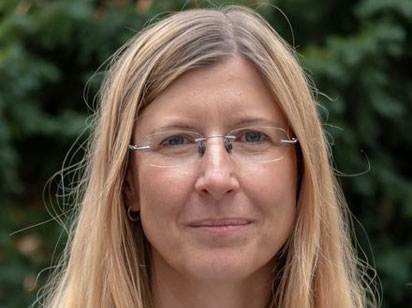
Katrin Schmidt
Finance Officer
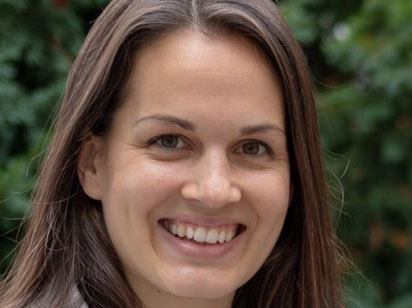
Flavia Ganarin
Programme Officer

Julian Sterling
Switzerland
Fundraising & Programmes
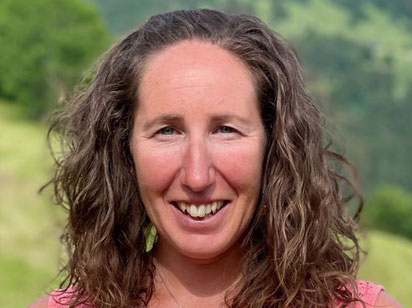
Sonja Pönisch
Germany
Administration & Responsible Members

Anna Schwaller
Switzerland
Administration & Project Assistant
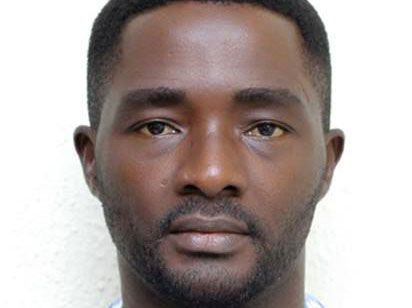
Ediomo-Ubong Ekpo Nelson
Nigeria
Alcohol & Drug Policy Advocacy Officer
Members
The International Blue Cross is the non-governmental umbrella organisation that represents the work of its around 40 national member organisations at the international level. The members are all independent, non-denominational Christian associations and dedicated to further the mandate of the Blue Cross movement as articulated in its vision and mission, according to specified standards of professional ethics and core Blue Cross values – namely respect, dignity, solidarity, inclusiveness, and care for others.
All Blue Cross national member organisations are required to adhere to a set of membership criteria agreed by the General Assembly. These criteria cover:
- Organisational establishment and information
- Governance
- Values and ethics
- Standards of management, socio-developmental and professional practice
- Payment of membership fees
- Obligations towards other Blue Cross members at the regional and international levels
Blue Cross national member organisations are expected to exist before applying for membership or to quickly develop into locally accountable and self-sustaining organisations. This means that in addition to having a local membership base they need to implement viable activities that are contributing to addressing issues relating to alcohol- and illicit drug-related harm.
Requests for affiliation are received and examined by the Secretariat and following initial inquiries are submitted to the Network Committee (board) of the International Blue Cross for consideration, acceptance or rejection.
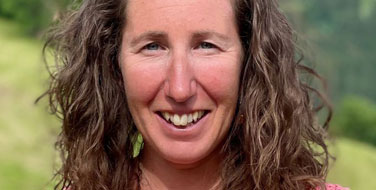
Contact for more Information
Sonja Pönisch
Administration and Networking Coordinator
Tel: +41 79 623 47 98

